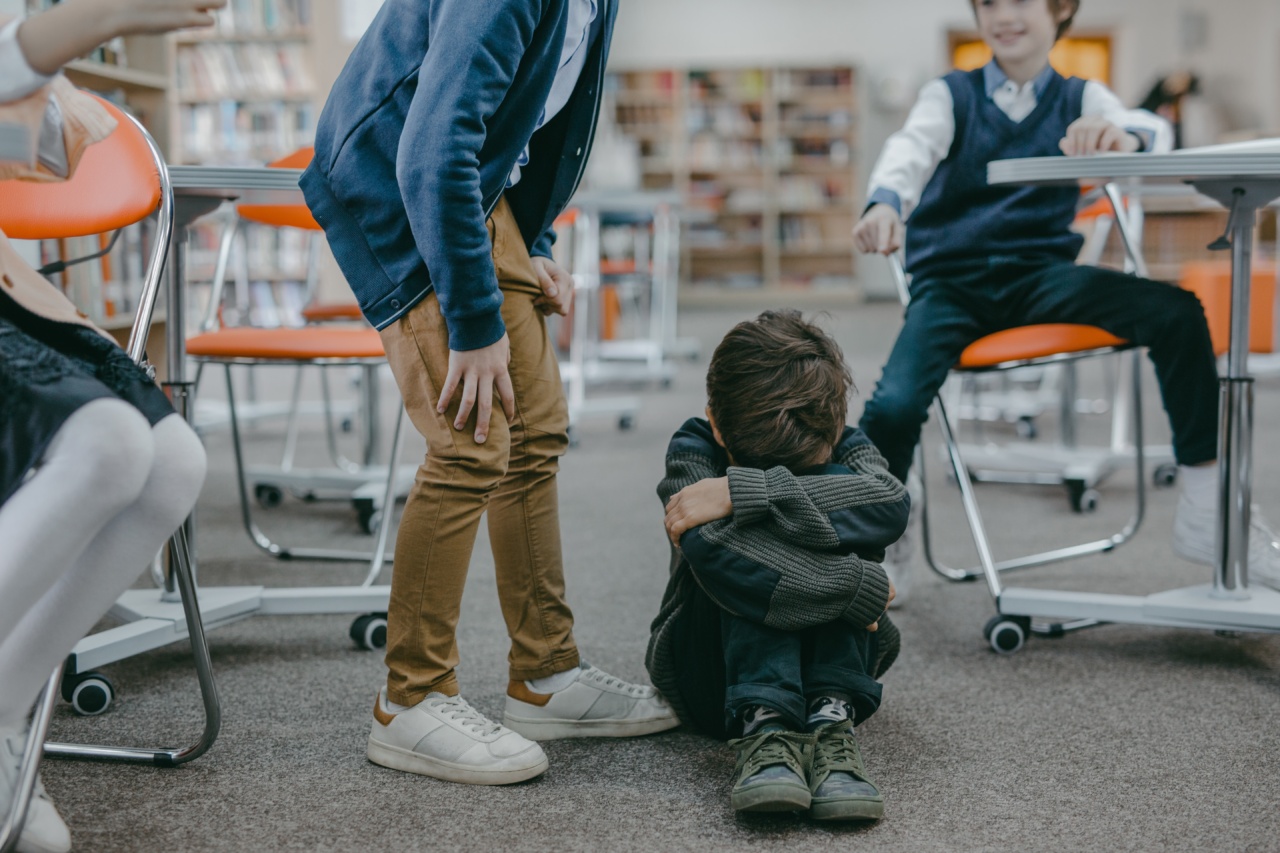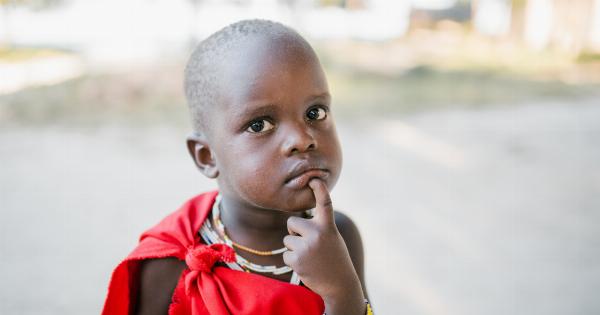Bullying, a pervasive form of abuse, has detrimental consequences that can persist long into adulthood. Children who experience bullying often face emotional, psychological, and physical harm that can have lasting effects on their overall well-being.
This article explores the enduring impact of bullying on children, highlighting the importance of addressing and preventing this issue.
Understanding Bullying
Bullying is a form of aggressive behavior characterized by repeated and intentional harm towards another person. It can take various forms, including physical, verbal, social, and cyberbullying.
This behavior typically occurs in a power imbalance, with one individual exerting control and dominance over the other.
The Immediate Effects
Children who are victims of bullying often experience immediate distress and negative emotional responses. They may feel fear, anxiety, sadness, loneliness, and shame.
These feelings can affect their self-esteem and social interactions, leading to difficulties in forming friendships and developing trust in others.
Bullying can also have physical consequences, with victims experiencing a range of health issues such as headaches, stomachaches, sleep disturbances, and even chronic pain.
These physical symptoms can hinder their ability to focus on academics, leading to a decline in school performance.
The Long-Term Impact
The effects of bullying can extend well beyond childhood, leaving a lasting impact on individuals as they navigate adulthood.
Research has shown that individuals who were bullied during their formative years are more likely to experience psychological difficulties such as depression, anxiety, and even post-traumatic stress disorder (PTSD).
The enduring impact of bullying is also evident in relation to academic and professional achievements. Victims of bullying may struggle academically due to impaired concentration, low motivation, and reduced self-confidence.
These difficulties can extend into their adult lives, affecting their career prospects and overall success.
Bullying can also disrupt social relationships in the long term. Those who were bullied as children may develop trust issues, experience difficulties in building romantic relationships, and find it challenging to form connections with others.
The impact on social interactions can contribute to feelings of isolation and loneliness.
Prevention and Intervention
To mitigate the long-term impact of bullying, it is crucial to implement effective prevention and intervention measures. Schools play a significant role in creating safe and inclusive environments where bullying is not tolerated.
This can include implementing comprehensive anti-bullying policies, providing education and awareness programs, and promoting empathy and kindness among students.
It is essential to empower both bystanders and victims by teaching them how to recognize, report, and address bullying incidents.
Encouraging open communication channels and fostering a supportive school culture can help victims feel more comfortable seeking help and support.
Additionally, involving parents, caregivers, and communities in prevention efforts is vital.
These stakeholders can contribute to creating a safe and supportive environment at home and in the community, reinforcing positive behavior and consequences for bullying.
Mental Health Support
Addressing the enduring impact of bullying requires access to mental health support and resources for affected individuals.
Mental health professionals can play a crucial role in helping victims process their experiences, develop coping mechanisms, and rebuild their self-esteem.
Furthermore, raising awareness of the long-term effects of bullying among mental health practitioners can lead to improved identification and treatment of related mental health issues.
This can aid in developing evidence-based interventions that target the specific needs of individuals who have experienced bullying.
Conclusion
Bullying is a pervasive issue that has enduring consequences for children. The impact of bullying can persist long into adulthood, affecting emotional well-being, academic and professional achievements, and social relationships.
By prioritizing prevention, intervention, and mental health support, we can mitigate the enduring impact of bullying and create a safer and more inclusive world for children.






























